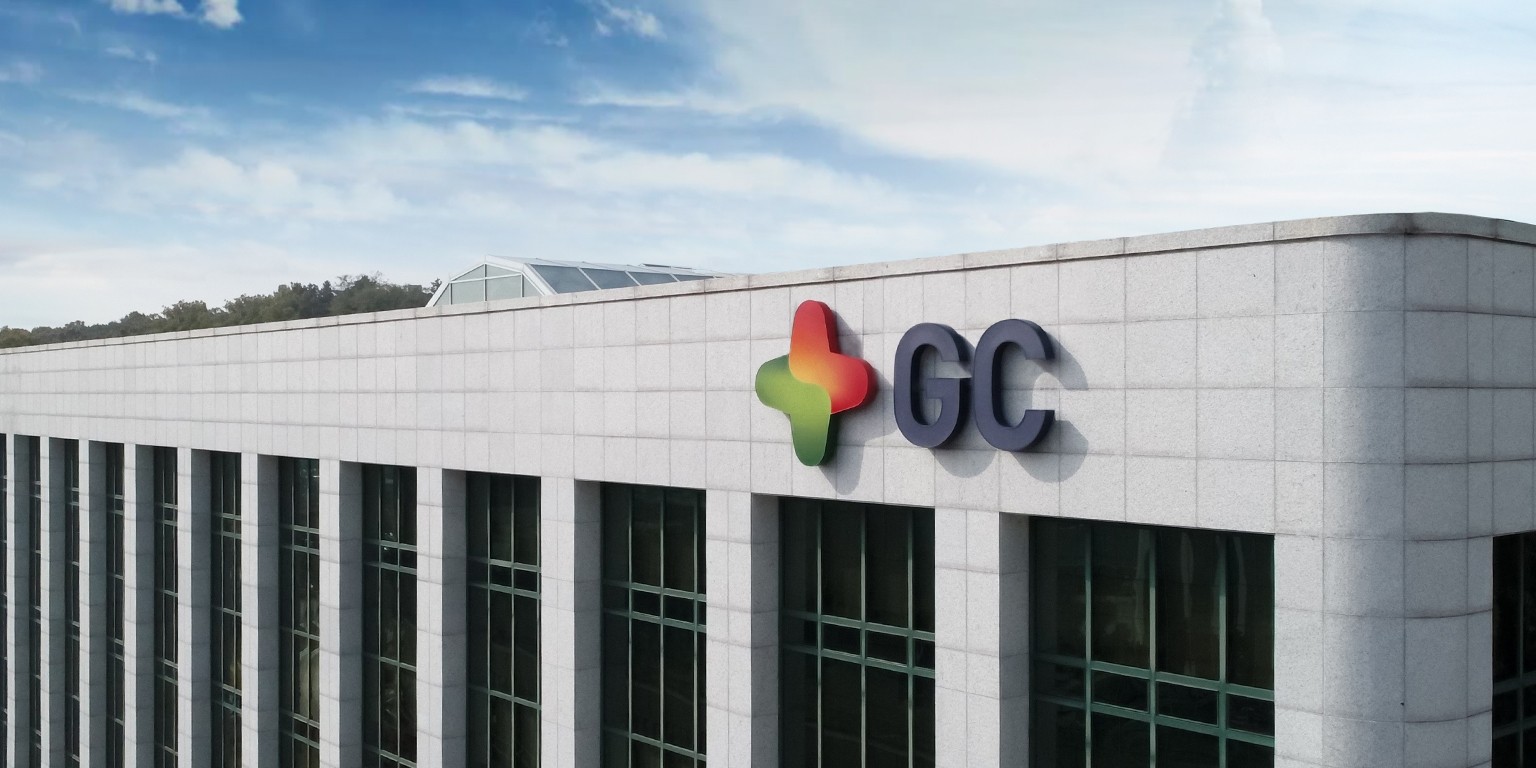GC Biopharma Launches Japanese Clinical Trials For Sanfilippo Syndrome Treatment
GC Biopharma's GC1130A, a potential Sanfilippo syndrome treatment, gets Japan's PMDA trial approval.
Breaking News
Aug 12, 2024
Simantini Singh Deo

GC Biopharma announced on Monday that it has received
approval from Japan's Pharmaceuticals and Medical Devices Agency (PMDA) to
initiate a phase 1 clinical trial for its investigational treatment,
"GC1130A." This therapy, aimed at treating Mucopolysaccharidosis III
type A (MPS-III-A), commonly known as Sanfilippo syndrome type A, is being
co-developed with Novo Nordisk.
Sanfilippo syndrome is a rare and severe genetic disorder
caused by a defective gene that leads to the accumulation of heparan sulfate in
the body, resulting in progressive and debilitating damage, particularly to the
brain. Most patients with this condition do not survive beyond their teenage
years, and no approved treatments currently exist, highlighting a critical
unmet need.
GC1130A is a pioneering therapy designed to combat
Sanfilippo syndrome type A. The drug leverages GC Biopharma's advanced protein
formulation technology to target the central nervous system effectively. It is
administered directly into the brain's ventricles through
intracerebroventricular injection, a method previously utilized in GC
Biopharma's Hunter syndrome treatment, Hunterase, which is approved in Japan.
After securing a phase 1 investigational new drug (IND)
approval from the U.S. Food and Drug Administration (FDA) in May and receiving
a similar approval in Korea last month, GC Biopharma anticipates that the
recent approval from Japan's PMDA will expedite the global clinical trial
process for GC1130A.
A GC Biopharma official said, "As this is a disease
with a large unmet medical need, we will do our best to develop new drugs to
bring hope to patients suffering from Sanfilippo syndrome (type A).”
GC1130A has been acknowledged by key international drug
regulatory bodies as a groundbreaking therapy for the unmet medical need in
treating Sanfilippo syndrome type A. In 2023, it was granted both Orphan Drug
Designation (ODD) and Rare Pediatric Disease Designation (RPDD) by the U.S.
FDA. Additionally, this year, the European Medicines Agency (EMA) awarded it an
ODD. In June, the FDA further recognized the drug's potential by granting it
Fast Track Designation.
